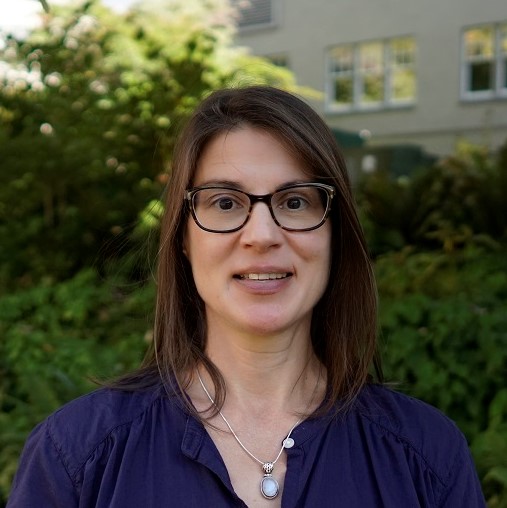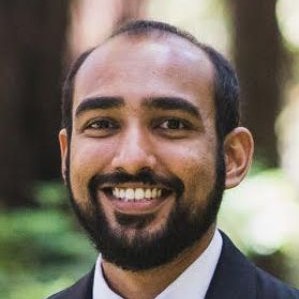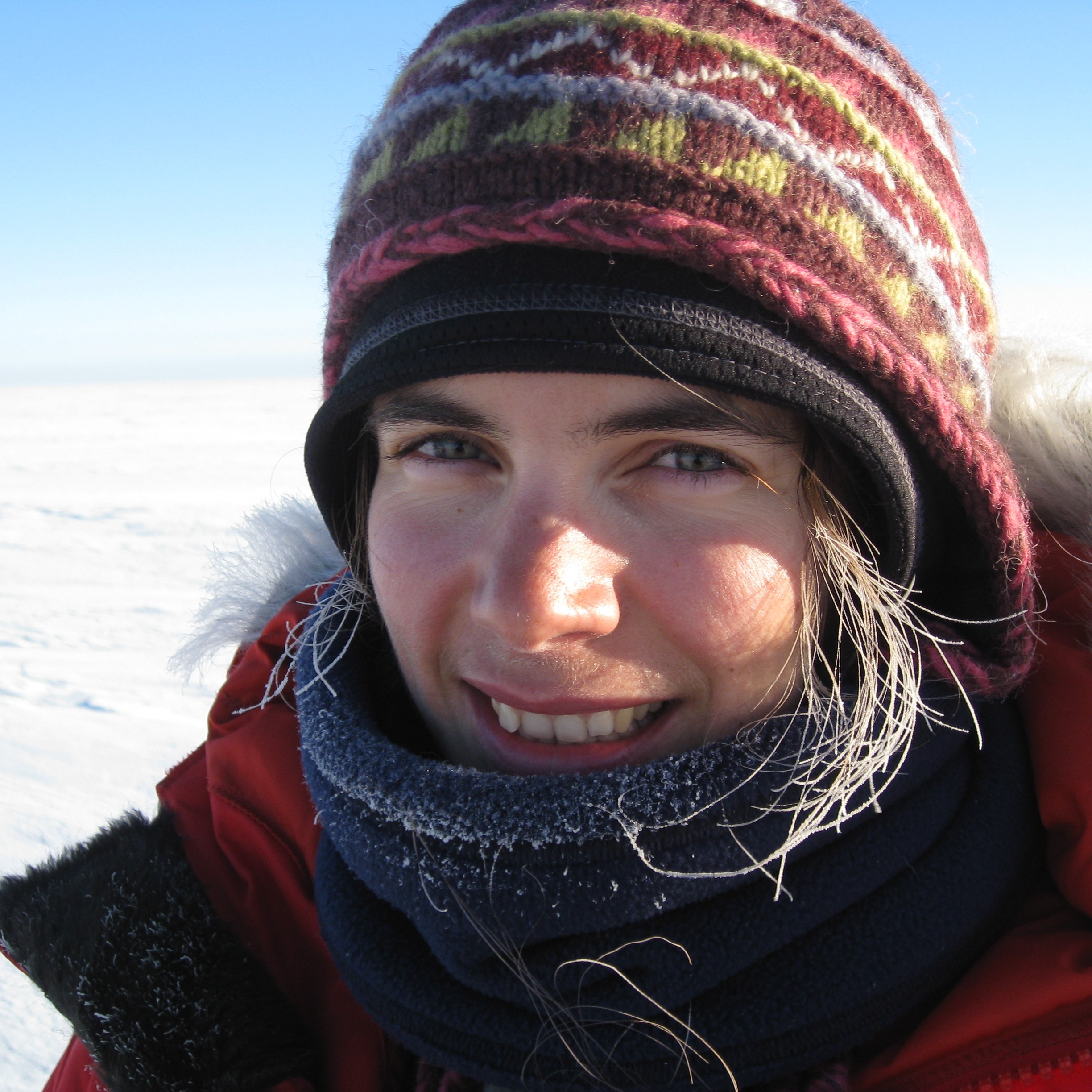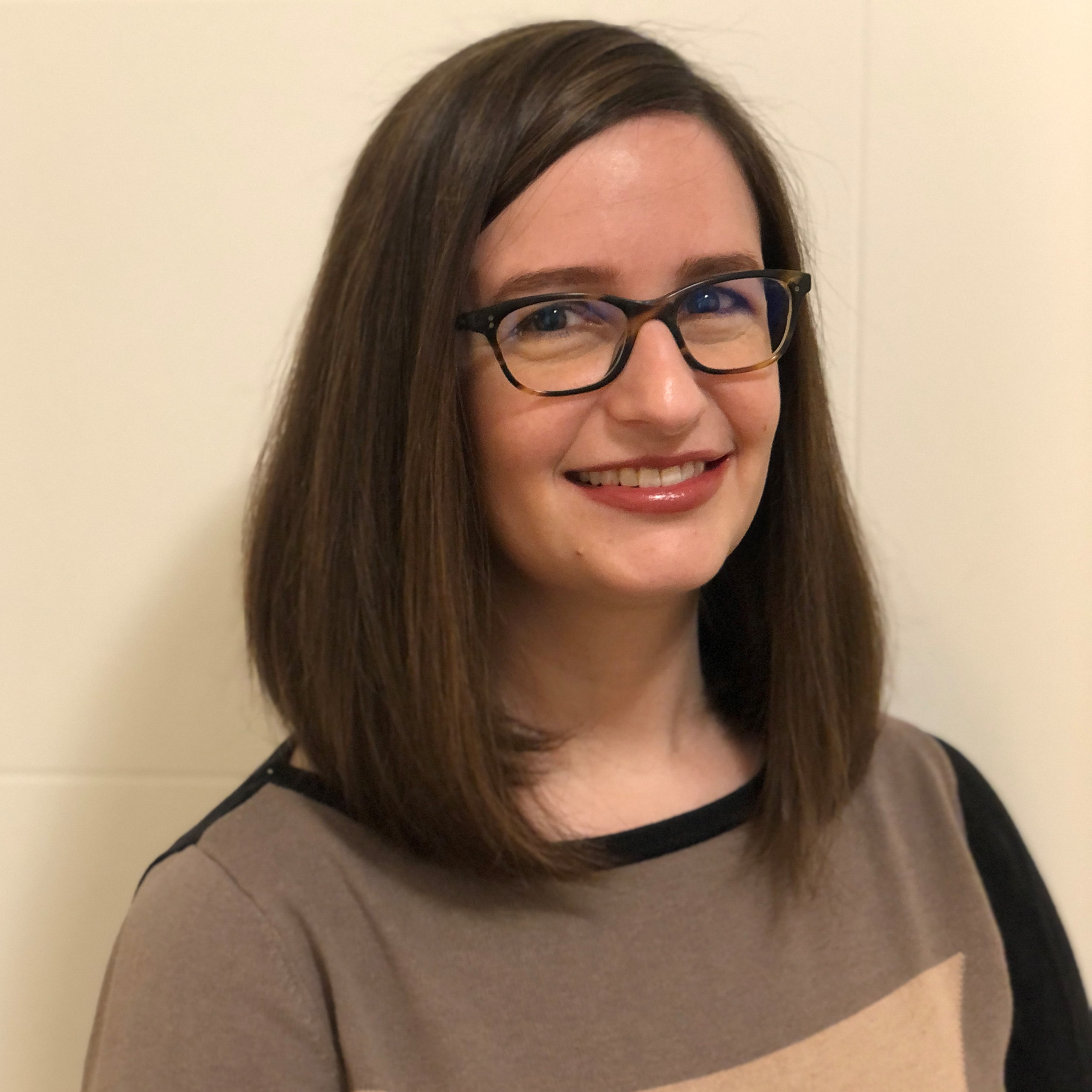Academic Appetizer Hour with Green College Leading Scholars
-
Nina Hewitt, Manu Madhav, Anaïs Orsi and Elise Stickles
Livestreamed via Zoom
Thursday, February 17, 5-6:30pmin the series
Green College Leading Scholars' Series -
Bite-sized research presentations by recently appointed UBC Faculty Members across disciplines. Faculty presentations in this fifth session by the 2021-23 Leading Scholars Program cohort include:
 Integrating Biogeographic Research and Teaching with Digital Technologies
Integrating Biogeographic Research and Teaching with Digital Technologies
Nina Hewitt, Assistant Professor, GeographyI am a biogeographer specializing in plant dispersal, migration and disturbance ecology in temperate forests and alpine ecosystems, with research in Ontario, BC and the Karakoram-Himalaya. I am interested in human impacts associated with ecosystem fragmentation, altered disturbance regimes, introduced invasive species and climate change, and how to manage these impacts. I also research and develop digital tools for experiential field learning, including virtual and augmented reality tours of alpine, forest and other ecosystems that bring the field to the student (virtual reality) or the student to the field (augmented reality) and complement my own ecological research.
 Rats, Robots and Roamers
Rats, Robots and Roamers
Manu Madhav, Assistant Professor, Biomedical EngineeringMy work investigates how the brains of animals, including humans, create maps of the external world and represent them as neural activity, how we use these ‘cognitive maps’ to navigate, and how this ability to represent and navigate degrades due to neurodegenerative diseases such as Alzheimer’s. Our lab (NC4) designs and builds experiments where rats or humans navigate physical or virtual-reality environments. We record neural activity from rats and behavioural responses from both rats and humans. Using analysis techniques from control theory, robotics and machine learning, we extract structure hidden within neural and behavioural data.
-
 What is the Baseline that we Measure Climate Change Against?
What is the Baseline that we Measure Climate Change Against?
Anaïs Orsi, Assistant Professor, Earth, Ocean and Atmospheric ScienceI am a polar climate scientist, or perhaps I should say a climate detective. Today, the Arctic is the region that is warming the most in the whole planet, but we do not have direct measurements of what the preindustrial climate was in vast areas of this largely un-inhabited region. My work is about finding clues in the natural environment to reconstruct past climates so that we can understand what polar environments looked like before the recent warming period. The tools can be esoteric but the aim is clear: What is the baseline that we measure climate "change" from?
-
-
-
-
 Metaphor is Not Just the Cherry on Top of the Literary Sundae
Metaphor is Not Just the Cherry on Top of the Literary Sundae
Elise Stickles, Assistant Professor, English Language and LiteraturesI am a cognitive linguist specializing in metaphor analysis; in particular, I study variation in metaphoric usage across linguistic varieties and genres by applying methods from corpus and computational linguistics. Currently, I am focusing on a comparative analysis of metaphors for cancer and COVID-19 in American and Canadian Englishes. I maintain the MetaNet metaphor database, which documents metaphors used in American English and Spanish, and am now expanding it to include Canadian English and French. I obtained my MA and PhD in Linguistics from the University of California, Berkeley and then completed a postdoctoral teaching fellowship at Stanford University before joining UBC as an Assistant Professor in 2019.
-
-

-
Unless otherwise noted, all of our lectures are free to attend and do not require registration.
6201 Cecil Green Park Rd
Green College, UBC
Vancouver, BC V6T 1Z1
Canada
Custom Lecture Fields
|